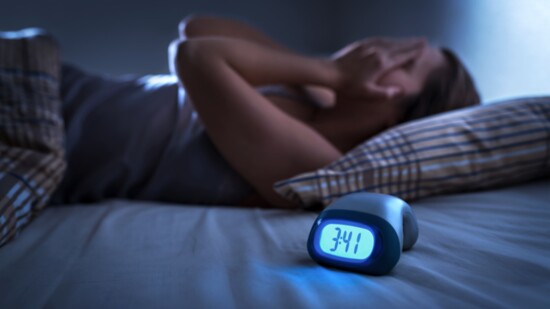Dr. Itzel Harriott, a highly respected specialist in Daytona Beach, brings a unique and integrative approach to health, blending functional medicine, clinical counseling, and pharmacology with faith-based support. With numerous credentials and decades of experience, Dr. Harriott is dedicated to tackling complex issues. In this Q&A, she shares insights on achieving restful, restorative sleep.
Q: Dr. Harriott, why is sleep so essential to overall well-being?
Dr. Harriott: Sleep truly is the cornerstone of mental, physical, and emotional health. Yet, for many, getting quality, restorative sleep remains a challenge. Sleep disorders like insomnia, sleep apnea, and restless leg syndrome don’t just disrupt nightly rest—they impact daily functioning, affecting stress levels, mood, and even chronic health conditions.
Q: How do you approach sleep disorders with functional medicine?
Dr. Harriott: Functional medicine allows us to look at sleep disorders as part of a larger picture. Sleep issues aren’t usually standalone; they’re often intertwined with chronic stress, mental health, poor diet, and medical conditions like diabetes. Instead of just treating symptoms, I dig into underlying causes, such as nutritional deficiencies, hormonal imbalances, or inflammation. Dietary adjustments, supplements, and lifestyle recommendations help fix underlying issues.
Q: How do mental health and medication affect sleep?
Dr. Harriott: Mental health is closely connected to sleep. Anxiety and depression are often significant contributors to insomnia, creating a vicious cycle where poor sleep worsens mental health. As a pharmacologist, I help clients understand how medications may impact sleep, supporting them in making safe adjustments to dosing schedules or exploring alternatives with prescribers.
Q: What are some of the practical sleep strategies you share with clients?
Dr. Harriott: Many clients benefit from sleep hygiene education, which covers maintaining a consistent sleep schedule, creating a peaceful sleep environment, and limiting caffeine, alcohol, and screen time before bed. Simple habits like incorporating a calming bedtime routine, such as journaling or reading, can have a big impact.
Dr. Harriott lets us know that sleep truly is the cornerstone of mental, physical, and emotional health.
